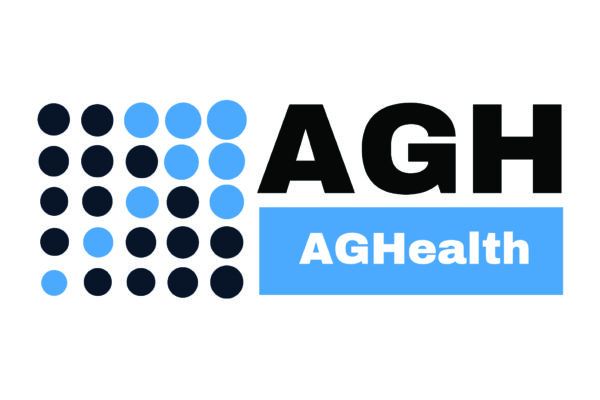
Consistently less than 75% of women receive a gynaecological cancer diagnosis within 28 days, falling below targets. Specifically, the incidence of womb cancer continues to rise due to obesity and extended life expectancies. The most common symptom of womb cancer is abnormal uterine bleeding (AUB) impacting >300,000 women annually, yet only 3% have womb cancer. The current diagnostic pathway has several major challenges:
1. Sonography to assess endometrial thickness gives many false positives (90% of positives won’t have cancer), meaning high numbers of women undergo further unnecessary, costly testing. 2.Advanced imaging and biopsies are often inconclusive (>40%) and women must return for a hysteroscopy biopsy.
3. One in three women who have a hysteroscopy experience severe pain, with many unable to complete the procedure.
4. Speed of diagnosis for womb cancer is important. Studies have shown that a delay in diagnosis by 3 months results in a 20% increase chance of mortality.
5.Black women are disproportionately impacted by womb cancer and ultrasound misses 4 times more cases in black women than white women.
6. Women on Hormone Replacement Therapy often have AUB as a common side effect, making the diagnosis and treatment of these patients more difficult for doctors.
The WID-easy test, by AGH is a novel test to help diagnose endometrial cancer. It is a PCR-based test which detects DNA methylations caused by womb cancers. Across 9 peer-reviewed studies the WID-easy has been consistently found to have a sensitivity of ~90% (same or better than sonography) and a specificity of 96-100% (significantly greater than sonography). This translates to the WID-easy test being able to significantly reduce women having unnecessary painful, costly procedures, speeding up the diagnosis enabling improved outcomes and lower overall healthcare costs.